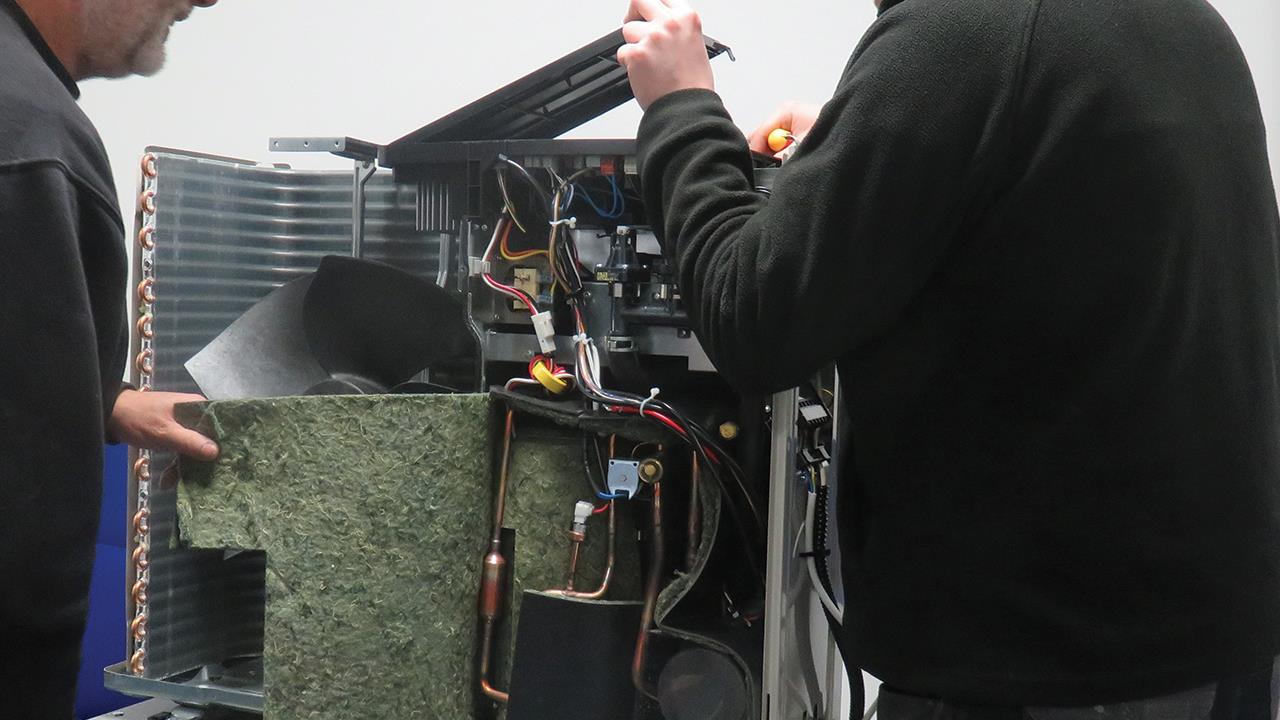

The Intergovernmental Panel on Climate Change (IPCC) has issued yet another final warning on the climate crisis and it couldn’t have been more stark – without quick and immediate action, we risk irreversible damage to the planet. Every step that can be taken, must be taken: “Everything, everywhere, all at once,” said the UN Secretary General.
Time is not on our side. So, where is the UK on the road to net-zero? At the end of 2021, the government published its Heat and Buildings Strategy which outlined proposals for how the UK can achieve net-zero emissions by 2050.
The report identified heat pumps as the primary solution for decarbonising domestic and commercial buildings. It put the onus on the off-grid sector especially, as it proposed that new fossil fuel heating systems should not be installed in homes and small businesses operating off the gas grid from 2026. The same applies to larger off-grid businesses from 2024. Instead, in most cases, these properties will be expected to switch to a heat pump.
Homes on mains gas, however, will be able to continue to replace their boiler for a further nine years, up until 2035.
The challenge is that the IPCC is clear that major economies should aim to eliminate carbon emissions by 2040, 10 years earlier than the 2050 target set by the UK government. We clearly need to be more ambitious, but the reality is we’ve hit somewhat of a roadblock due to the challenges of the current economic and social landscape.
The pandemic and war in Ukraine have taken their toll on both government and domestic finances. There simply isn’t the willingness at governmental level for high levels of expenditure on low carbon solutions, nor is there time to wait for the economy to fully recover. Not to mention that the upcoming general election that needs to take place before the end of 2024 could delay even further any decisions about how we move forward.
It’s therefore essential we rethink our approach and adjust course. It doesn’t make sense to just focus on the off-grid sector. Instead, we need to prioritise the easy wins: low cost, quick, and immediate changes we can make to cut emissions. Otherwise, we risk wasting years and, by then, it will be too late to deliver meaningful change.
That’s not to say the current focus on heat pumps is wrong. On the contrary, OFTEC supports the technology and increasing number of registered technicians are out in the field installing heat pumps in suitable properties.
We’ve recently rolled out two training courses covering air source heat pumps and heat pump system design, with a third on ground source pumps launching soon, to help deliver the skill base needed to meet installation targets.
Technicians enrolling on OFTEC’s courses will also be able benefit from a £500 discount (or rebate) through the government’s Heat Training Grant once final details are confirmed.
This scheme is a sensible investment from the government to support the heat pump market. However, not every property is going to be suitable for a heat pump. This is particularly true off-grid where housing stock is usually older, and plagued with low energy efficiency. For heat pumps to work effectively, significant disruptive and expensive investments will often need to be made, from larger radiators, to added insulation, as well as the introduction of a hot water tank.
According to the government’s online calculator, the cost of such an upgrade could exceed £20k for a single property. This isn’t scalable and not the best use of the limited budgets available.
We need to focus on the most suitable properties first. For those that are harder to treat, particularly those off-grid, we need to look at alternative technologies. We see this as a pragmatic, technology-neutral approach, where we focus on the best outcomes, rather than the technology implemented.
Working with industry partners, we’ve transitioned nearly 150 oil-heated properties to the renewable liquid fuel Hydrotreated Vegetable Oil (HVO). The demonstration project has been hugely successful and it’s clear HVO works as a solution. It reduces emissions by nearly 90% and the conversion cost for the end-user is expected to be around £500. The existing installer and distribution network is already in place for the fuel to be rolled out at scale.
By using both heat pumps and HVO, and installing the most suited solution on a case-by-case basis, we can keep costs down for both the government and households while rolling out low carbon heating far more quickly.
The urgent message from the IPCC is clear and the UK is well positioned to take action. However, we need the government to recognise the important role of HVO and put in place the policy mechanisms to support this solution.
If you'd like to keep up-to-date with the latest developments in the heating and plumbing industry, why not subscribe to our weekly newsletters? Just click the button below and you can ensure all the latest industry news and new product information lands in your inbox every week.